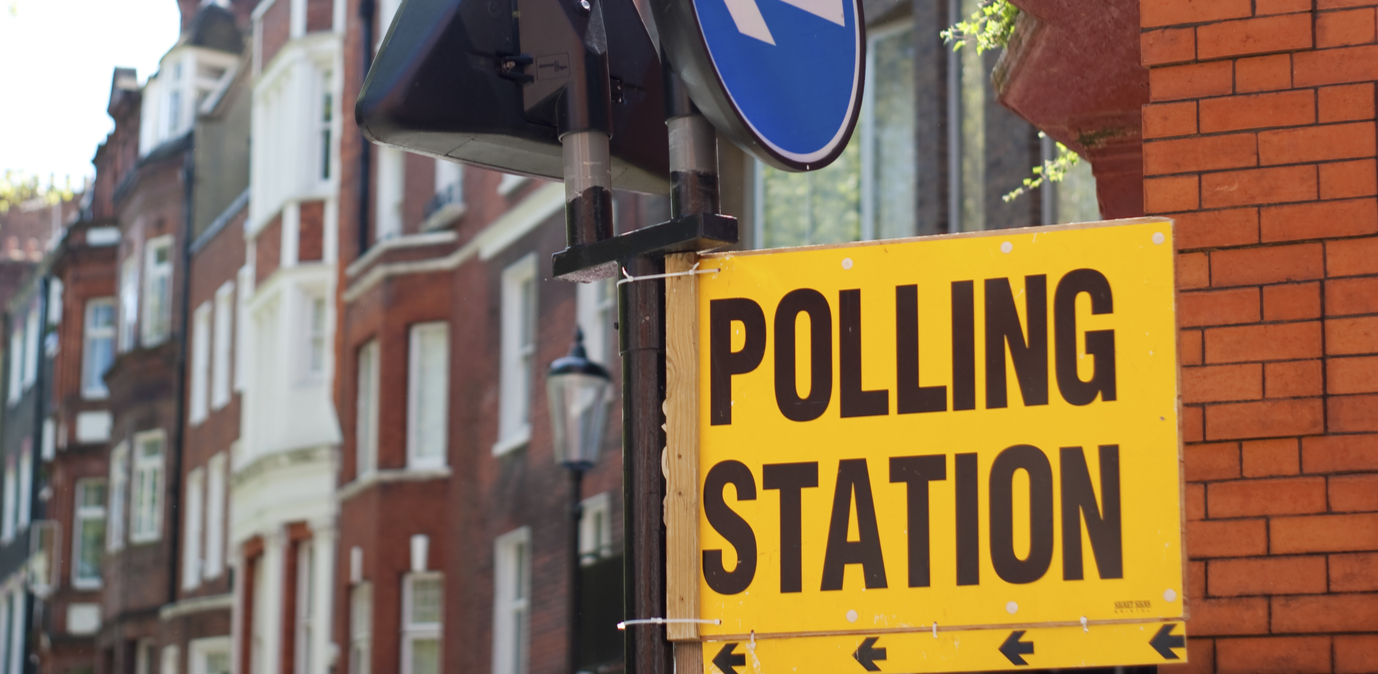Local elections 2021: red wall versus blue wall?
by Matthew Niblett on 10 May 2021
Much of the focus on this weekend’s election results has been on the Conservative successes in the so-called red wall but less attention has been paid to the inroads by other parties in the Tory’s ‘blue wall’ in the south east of England. In this blog, Matt Niblett rings a warning bell for the Tories.
In the wake of local elections across England, Scotland, and Wales, media attention has focused on three core things across the three nations. Firstly, the future of the Union, following the SNP’s strong performance and the presence of a pro-independence majority in Holyrood once more. Secondly, the contrast between the fortunes of Welsh Labour and the broader party, following the mandate given to Mark Drakeford by voters in Wales. Thirdly, the Conservatives’ continued march in the former “red wall”, picking up seats across the midlands and the north that once were considered unassailable Labour territory.The results have prompted much soul searching from Labour. Keir Starmer took full responsibility for the perceived poor showing and engaged in a cabinet reshuffle. In what some might call typical fashion, the fallout from this managed to obfuscate a better day of results for Labour on Sunday, where they unseated two Conservative metro mayors and made some progress in southern seats which previously, they may not have been able to.
Discussion has focused on how the Tories have been able to solidify their grip on Labour’s former heartlands, with Boris Johnson claiming that his victory in the Hartlepool by-election and elsewhere vindicates his government’s approach. However, there has been less discussion about an interesting aspect of the recent elections, namely, the Conservatives losing support in areas that might be considered the “blue wall”.
The Tories gained seats in all of England’s regions bar two: Greater London, and the South East. It is the second that is the most interesting. The Conservatives retained control of Kent, Surrey, and Hertfordshire County Councils, but they lost ground in all three. In those places the Lib Dems were able to make progress, for instance by gaining St Albans City Council. The party gained 10 seats on Surrey County Council and was able to pick up seats in the wealthy Kent towns of Canterbury, Sevenoaks, and Tunbridge Wells.
The Greens also had a good set of elections and performed strongly across the country, but they did particularly well in Kent, Surrey, and East and West Sussex. In all these places the Tory leads were so big as to be practically unassailable and that remains the case in many of them, but it is possible that we are witnessing a slow ebbing away of support, similar to that which can be observed in the red wall if one looks at historical election data.
Pundits have remarked on the transformation of UK electoral politics, especially in England, with the Conservatives becoming seen as an option in places where previously this was unthinkable. However, much of the discussion has assumed that the Tories can win in places like Hartlepool or Batley and Spen, where there is due to be a by-election soon, without losing anywhere else. Is this necessarily the case?
Boris Johnson’s messaging has been all about levelling up the regions. It is often assumed that this means redistributing wealth from Greater London, where the Tories are currently weak, to the rest of the country. Given London’s status as a Labour stronghold, this seems to make sense, as the Tories will not be alienating any of their voters by focusing on more deprived areas of the country.
However, the South East of England is also very wealthy and is a traditional Conservative stronghold. It is possible that a relentless focus on Brexit voting former Labour strongholds may alienate wealthy voters in this region. A decline in support for the Conservatives in many of these areas during these elections would seem to support this. If the Conservatives continue to pursue an interventionist economic policy which requires higher taxation, such voters might decide to switch their allegiance to a more economically liberal party. This will not necessarily benefit Labour. The Lib Dems appear to have been the key beneficiaries this time round, and to a lesser extent the Greens, which may reflect that voters in the south of England and in more rural areas are attracted to a pro-environment platform.
Of course, this is only one set of elections, and it is hard to draw conclusions from so small a sample. However, the Conservatives appear to be walking something of a tightrope between the interests of their newly acquired voters in northern towns and their traditional base in the shires. The party may struggle to accommodate the differing interests of these two groups, just as Labour has tried and hitherto ultimately failed to reconcile pro-Remain metropolitan urbanites with its traditional working-class support. If British electoral politics is in the middle of a paradigm shift, it could spell trouble not just for Labour, but for the Conservatives too.
Topics: UK politics, Politics






Comments